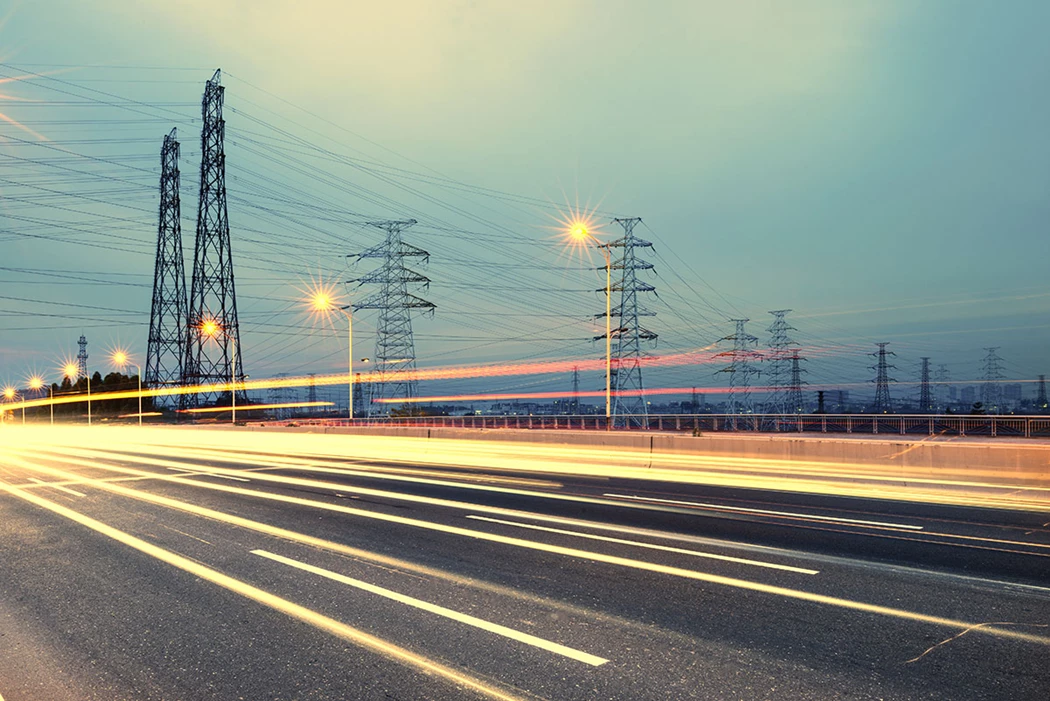France, Germany Dispute Over Nuclear Energy Leaves EU Deadlocked on Renewables
(Bloomberg) -- France is seeking to reopen negotiations over a key Green Deal law in an effort to ensure a greater role for nuclear in Europe’s energy transition, a move fiercely opposed by Germany, leaving the talks in deadlock.
The government in Paris has informed Sweden, which holds the EU’s rotating presidency, that it’s seeking changes to an agreement already brokered with other EU entities, according to officials with knowledge of the matter. Such a step would require revisiting talks with the bloc’s parliament and the European Commission.
Germany — which just shuttered its last nuclear plants in April — has teamed up with other member states to block the move, the people said, asking for anonymity because the discussions are private. Berlin favors approving the law in its current form as soon as possible, according to the Economy Ministry.
The dispute pits Europe’s two largest economies against each other over the role of nuclear power as the region tries to speed the transition to a low-carbon economy while recovering from a historic energy crisis. The EU framework deal agreed in March would raise the region’s 2030 renewable target to 42.5% of total energy consumption, while providing a small role for nuclear.
Sweden is now seeking a solution acceptable to a weighted majority of member states before the end of its presidency on June 30. Any further delay would risk undermining the objectives of the Green Deal — the EU’s plan for carbon neutrality — at a time when the ambitious pace of the overhaul already faces pushback from some member states and industry groups.
The Swedish presidency said talks with France are ongoing, declining to disclose further details.
French President Emmanuel Macron, whose country relies on nuclear energy for the bulk of its electricity production, said this week that EU member states should retain their sovereign right to choose energy sources. The nation is betting on the production of hydrogen using power generated by its atomic plants to meet climate goals.
“We want to create industrial partnerships in hydrogen and nuclear to foster job creation on our soil,” he said at a press conference in Bratislava. “We’ve inherited national energy mixes and now we are fragmenting the production of green, low-carbon hydrogen of the future and the energies of tomorrow. This is an aberration for Europe.”
The French leader is set to discuss energy issues with German Chancellor Olaf Scholz over dinner in Potsdam near Berlin on Tuesday to try and come up with a common position.
©2023 Bloomberg L.P.
KEEPING THE ENERGY INDUSTRY CONNECTED
Subscribe to our newsletter and get the best of Energy Connects directly to your inbox each week.
By subscribing, you agree to the processing of your personal data by dmg events as described in the Privacy Policy.
More utilities news

Canada to End 30% Stake Limit to Boost Pension Fund Investment

Turkey’s Aydem Group Plans 2025 IPOs for Power Grid Operators

Germany’s Record-Beating Stocks Head for Further Gains in 2025

Equinor takes FID on UK’s first carbon capture projects at Teesside

BMW, Mercedes Add New Executives as Carmakers Tackle Crisis

Thames Water CEO Steers Away From Break Up After Covalis Bid

Germany Expecting Tight Power Conditions as Wind Output Falls

Nuclear Power Not Cost-Effective in Australia, Science Body Says

Vancouver Mayor Proposes Using Bitcoin in City Finances
















